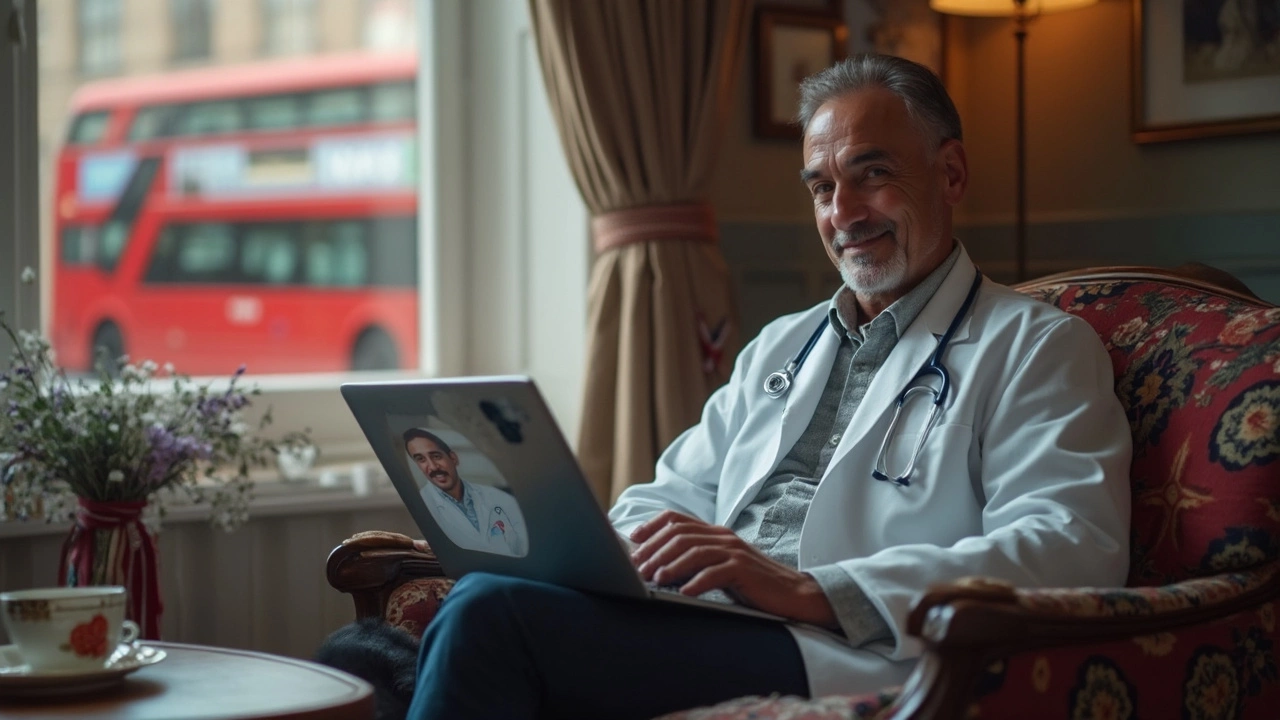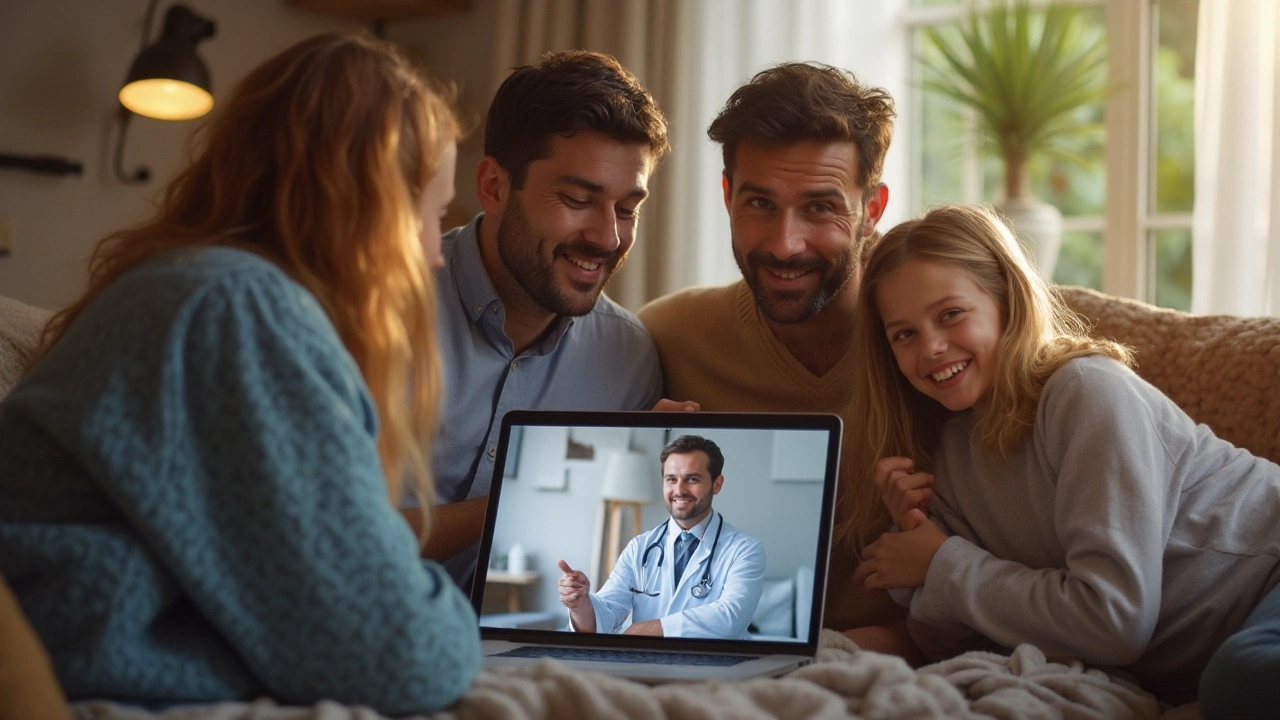Online Doctor: Quick Guide to Virtual GP Visits, Prescriptions & Safety
Thinking about seeing a doctor without leaving your couch? An online doctor (also called a virtual GP) lets you book a video or chat appointment, get advice, and sometimes receive a prescription straight to your door. It’s fast, convenient, and increasingly covered by NHS and private insurers in the UK.
The process is simple. You sign up on a trusted platform, fill in a short health questionnaire, and pick a time that fits your schedule. When the call starts, the clinician reviews your symptoms, may ask to see a photo or video of the problem, and then decides if a prescription, referral, or self‑care plan is appropriate.
What Can an Online Doctor Prescribe?
Not every medication is available online, but many common drugs are. In the UK, virtual GPs can safely prescribe items such as antibiotics for uncomplicated infections, contraceptive pills, antihistamines, and repeat prescriptions for chronic conditions like blood pressure meds. More restricted drugs – strong opioids, controlled substances, and some high‑risk antibiotics – still require an in‑person assessment.
Platforms like Babylon, Push Doctor, and the Hello Doctor app follow the same UK guidelines that face‑to‑face GPs do. They verify your identity, check your medication history, and keep a record of the prescription in your electronic health file. If you need something they can’t legally issue, they’ll arrange a face‑to‑face visit or direct you to an urgent care centre.
Tips for a Smooth Virtual Consultation
1. Choose a reputable service. Look for apps that are registered with the Care Quality Commission (CQC) and list qualified doctors with UK medical licences.
2. Prepare your info. Have your NHS number, list of current meds, allergies, and any recent test results ready. A clear description of symptoms saves time and reduces misunderstandings.
3. Test your tech. Check that your camera, microphone, and internet connection work before the appointment. A quiet, well‑lit space helps the doctor see any visible signs, like a rash.
4. Ask about costs. Many services offer a free first consult, then charge per visit or per prescription. Some private insurers cover the fee, and some NHS digital services are free for residents.
5. Follow up. After the call, you’ll get a summary email with the prescription details and any next steps. Keep that email – you’ll need it if you have questions or if the pharmacy asks for verification.
Online doctors are especially handy for routine matters: renewing a repeat prescription, getting a quick answer for a sore throat, or checking if a new over‑the‑counter med might clash with what you already take. For emergencies, severe chest pain, shortness of breath, or major injuries, always dial 999 or go to A&E.
When you’re ready to try a virtual GP, start with a well‑known UK platform, have your health details on hand, and ask the doctor any questions about the prescription they write. With the right preparation, an online doctor can be as effective as a clinic visit, saving you time, travel costs, and a lot of hassle.


